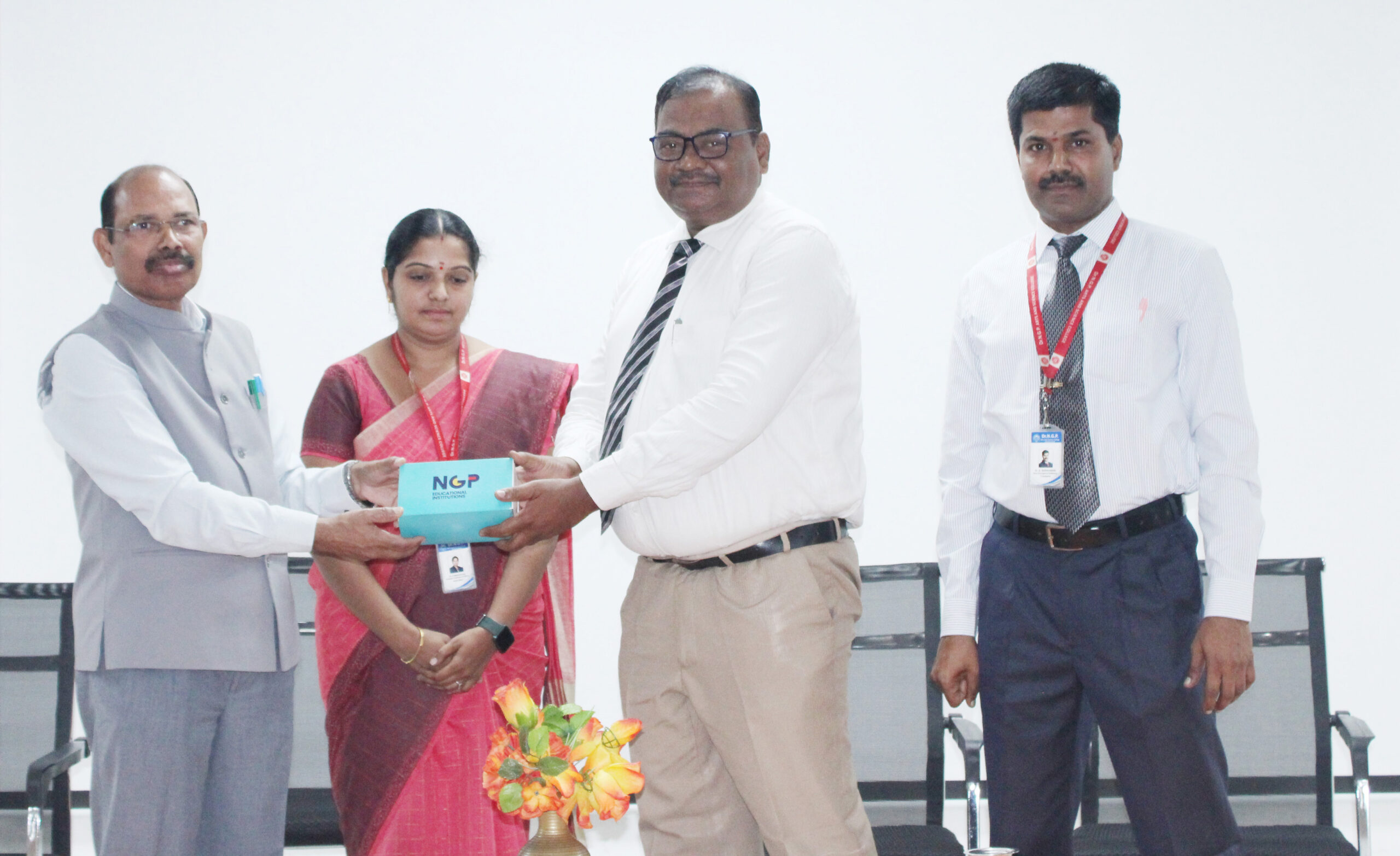Trending Now
- IPL 2024 begins with a bang. First contest between CSK and RCB.
- Election commission allots mike symbol to Naam Thamizhar Katchi
- AIADMK promises to urge for AIIMS in Coimbatore, in its election manifesto.
- Ponmudi becomes higher education minister.
Coimbatore
Covai shows the way in waste management
![]() August 6, 2016
August 6, 2016
It’s been one year since Coimbatore made its way to the Guinness Book of World Records for taking up ‘largest recycling lessons,’ It was this day last year the concept of segregation and recycling of waste was adopted in one ward (ward no 23). And today 22 wards follow this concept.
Records adjudicator, Pravin Patel, handed over the certificate to the Coimbatore Corporation Commissioner Dr. Vijayakarthikeyan. About 12,994 participants, including students from 45 schools and 10 colleges participated in this event.
Vijayakarthikeyan, while talking to Covai Post, expressed the hope that the entire city, comprising 50 wards, adopt this method very soon.
Under ‘No Dumping – My Waste, My Responsibility’, the residents are trained to segregate and dispose waste. Three kinds of waste – organic, dry and hazardous – are segregated everyday.
The dry waste that is collected from residents and commercial establishments is passed on to the social entrepreneurs, who in turn pass it on to scrap dealers. We are told that 15 social entrepreneurs are involved in the programme. Safe methods are used to dispose hazardous waste. The organic waste is sent to the crematorium in Nanjundapuram and to the Vellalore dump yard.
In 2010, the CCMC had set up a gasifier crematorium at Nanjundapuram, where burners were powered by bio mas gasifier. Later instead of bio mas gasifier, Liquefied Petroleum Gas (LPG) was used. Four commercial cylinders were used everyday at a cost of Rs. 4,180.
To bring down the cost, the Corporation last year installed a 100 m3 capacity kitchen waste-based bio gas plant at the Nanjundapuram crematorium. Around 1500 kg kitchen waste, in the form of vegetable wastes, stale and uncooked food, food wastes from hotels is processed at this plant and 100 m3 of methane gas is produced daily. The bio-gas produced through anaerobic digestion of kitchen wastes is burned to generate clean renewable energy.
The methane gas produced in the plant is charged into the crematorium’s burner as fuel along with the regular LPG cylinders.
Before installation of the bio gas plant about 120 commercial LPG cylinders were used for cremation purpose every month. After installation of the plant, the usage of LPG cylinders has been reduced to 60 cylinders per month. The plant is free from foul odour and the water released from the plant is let out into the existing underground sewerage system.
According to social entrepreneur Padmanaban Gopalan, two bio gas plants with a total capacity of 1.5 tons each have been installed at the Vellalore dump yard. “These bio gas plants convert organic waste into energy that is used to power the lights in the Vellalore dump yard. This way every month nearly 100 tons of organic waste is converted,” he added.

























